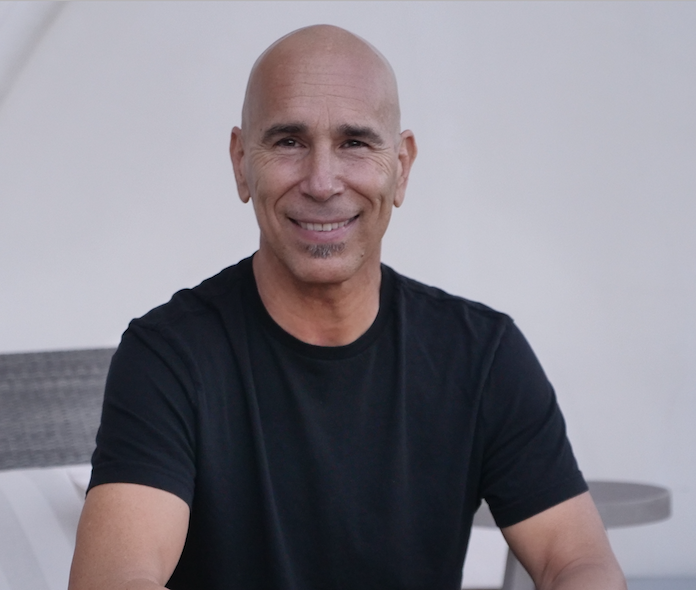Men’s mental health is not just about surviving; it’s about thriving. When we prioritize our mental well-being, we unlock our full potential to lead fulfilling lives and cultivate meaningful connections.
In a society often fixated on success and achievement, the narrative surrounding entrepreneurship can sometimes overshadow the personal struggles that lie beneath the surface. The recent journey of Blake Mycoskie, founder of Toms shoes, serves as a poignant reminder of the toll that loneliness and depression can take, even amidst professional triumphs.
Mycoskie’s story resonates deeply with many men who grapple with similar feelings of disconnection and loss of purpose. While men’s retreats, like the one he attended with Junto, offer valuable opportunities for camaraderie and self-reflection, they may not be accessible or suitable for everyone. This begs the question: What alternative avenues exist for men seeking support and guidance in navigating their mental health challenges?
Enter the realm of business and life coaching, particularly with specialists who understand the unique nuances of men’s mental health. These professionals offer a personalized approach to addressing the underlying issues that contribute to loneliness, depression, and a sense of disillusionment.
Unlike retreats, which provide temporary respite and insights, a long-term coaching relationship empowers individuals to delve deeper into their emotions, behaviors, and thought patterns. Through tailored strategies and accountability, coaches facilitate sustainable growth and transformation, helping men cultivate resilience, emotional intelligence, and authentic connection in both their personal and professional lives.
Moreover, working with a coach offers flexibility and confidentiality, making it an attractive option for those who may be hesitant to participate in group settings or disclose their struggles publicly. Coaches provide a safe space for men to explore their vulnerabilities, challenge limiting beliefs, and chart a path towards greater fulfillment and well-being.
In the context of entrepreneurship, where the pressures to succeed can be overwhelming, the role of a coach becomes even more pivotal. Beyond offering emotional support, coaches assist men in clarifying their values, setting meaningful goals, and navigating the complexities of leadership with integrity and authenticity.
By highlighting the efficacy of coaching as a holistic approach to men’s mental health, we can shift the narrative away from quick-fix solutions towards sustainable, long-term support systems. While retreats undoubtedly serve a valuable purpose, they should be viewed as complementary rather than exclusive avenues for growth and healing.
In conclusion, the journey towards mental wellness is not a one-size-fits-all endeavor. As we reflect on Blake Mycoskie’s experience and the broader conversation surrounding men’s mental health, let us embrace the diversity of resources available and recognize the profound impact that coaching can have in empowering men to thrive in all aspects of their lives.
Together, let us pave the way towards a future where men feel empowered to prioritize their mental health and seek support without stigma or shame.
Schedule a free coach consultation today!

